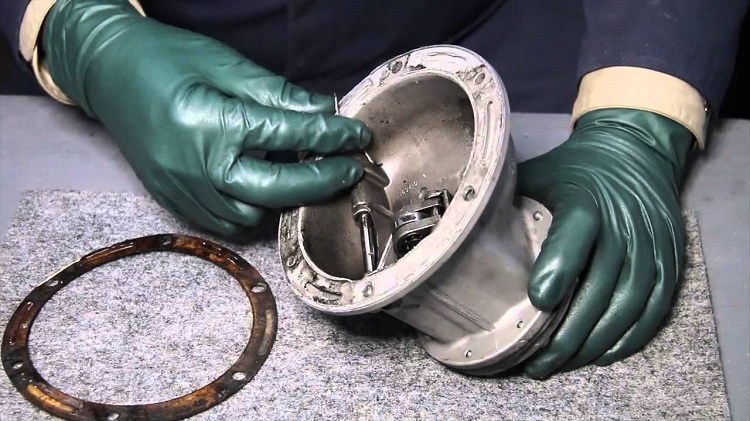Gasket sealants are really any sort of adhesive spray, glue, or paste that keeps a gasket firmly in place. Its job is to prevent any type of fluid leakages and cut back on the possibilities of mechanical breakdown when parts rub against each other.
Gaskets are usually known for use in engines in things like cars, trucks and motorcycles, but there are various other applications where they are used in industry and machinery. They are normally sound enough by themselves, however, engineers usually prefer to use a sealant to increase the strength and integrity of the joints.
- Nowadays, a lot of sealants on the market provide various other advantages such as waterproofing and weatherproofing.
Sealants Major Purpose
- Sealants are primarily made use of to ensure that top quality engine gaskets in Leeds remain closed and tight.
- This is intended to stop any liquid or gas from escaping.
- There are other applications for mechanical joints that need sealant, although many are used in liquid and vapour systems that work under extreme temperature and pressure conditions.
Gaskets that start out very tight fitting will with time, under certain conditions, weaken with time.
- There are also obvious natural limitations to just how well the seal will set.
- The application of an additional substance helps to add an additional layer of protection to increase performance over the long term, and reduces any the number of future repairs.
Material Characteristics and Options for Use
It’s basically very easy to use and apply and will usually be made available in a tube with a paste-like consistency.
Users will often have a particular choice between different products that are specially formulated for use with all types of:
- Foam
- Rubber
- Silicone
- Plastic
- Metal
Depending on the job at hand, this kind of sealant can be utilised with many a range of different types of materials.
The product, which will be most suitable for a particular job will depend on the material which needs to be sealed, the environmental surroundings, the climate temperature, and the working pressure in each project.
Differences in Settings
- There are some gasket sealants that will harden not long after their application.
- These are known as “hard setting.”
- This sort of sealant is usually recommended for use with hard and permanent arrangements that will be exposed to very little to no vibration.
Gasket sealants are also manufactured with:
- Various drying scales
- Rapid setting capabilities
- A mixture of sealing and gluing properties
- Chemical resistance
The World of Vehicles
A sealant is normally applied to each side of the head gasket to make certain that any small surface irregularities in both adhered surfaces are filled, and that both surfaces seal correctly when put together.









